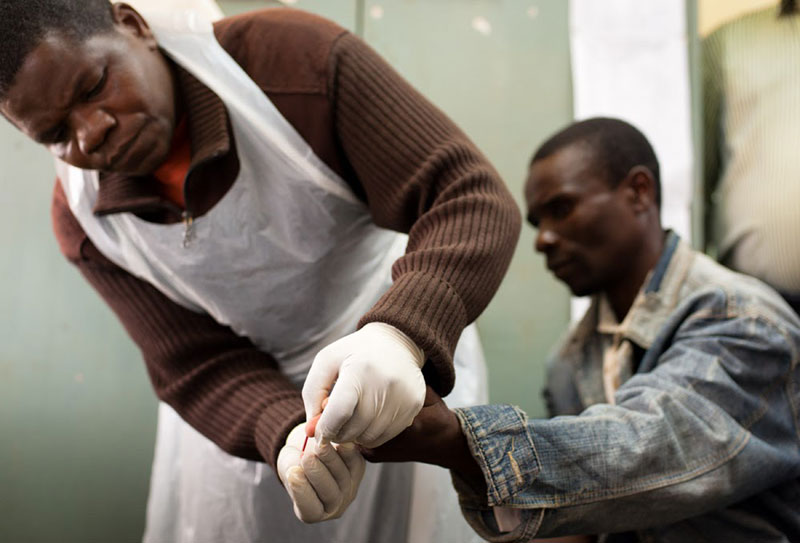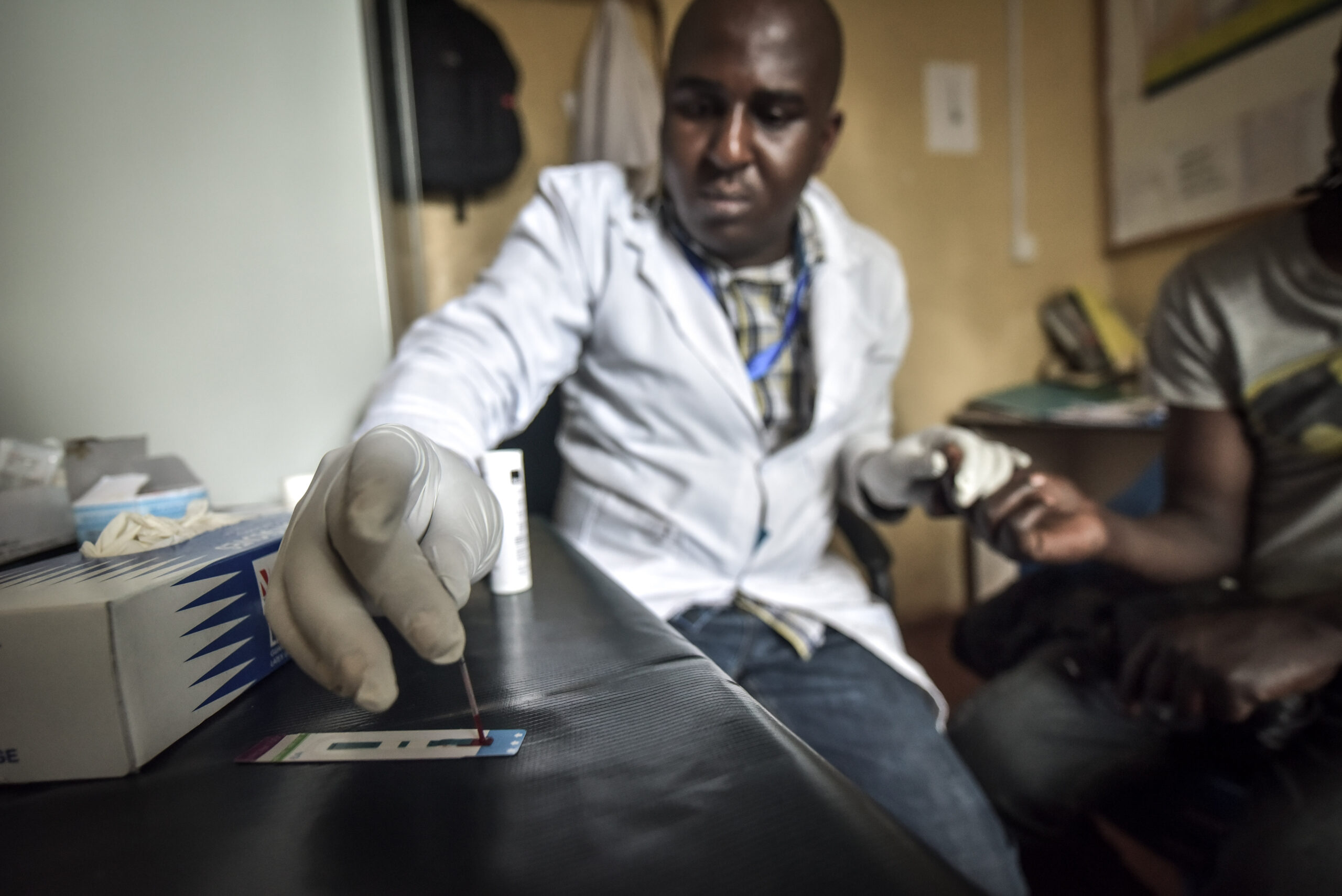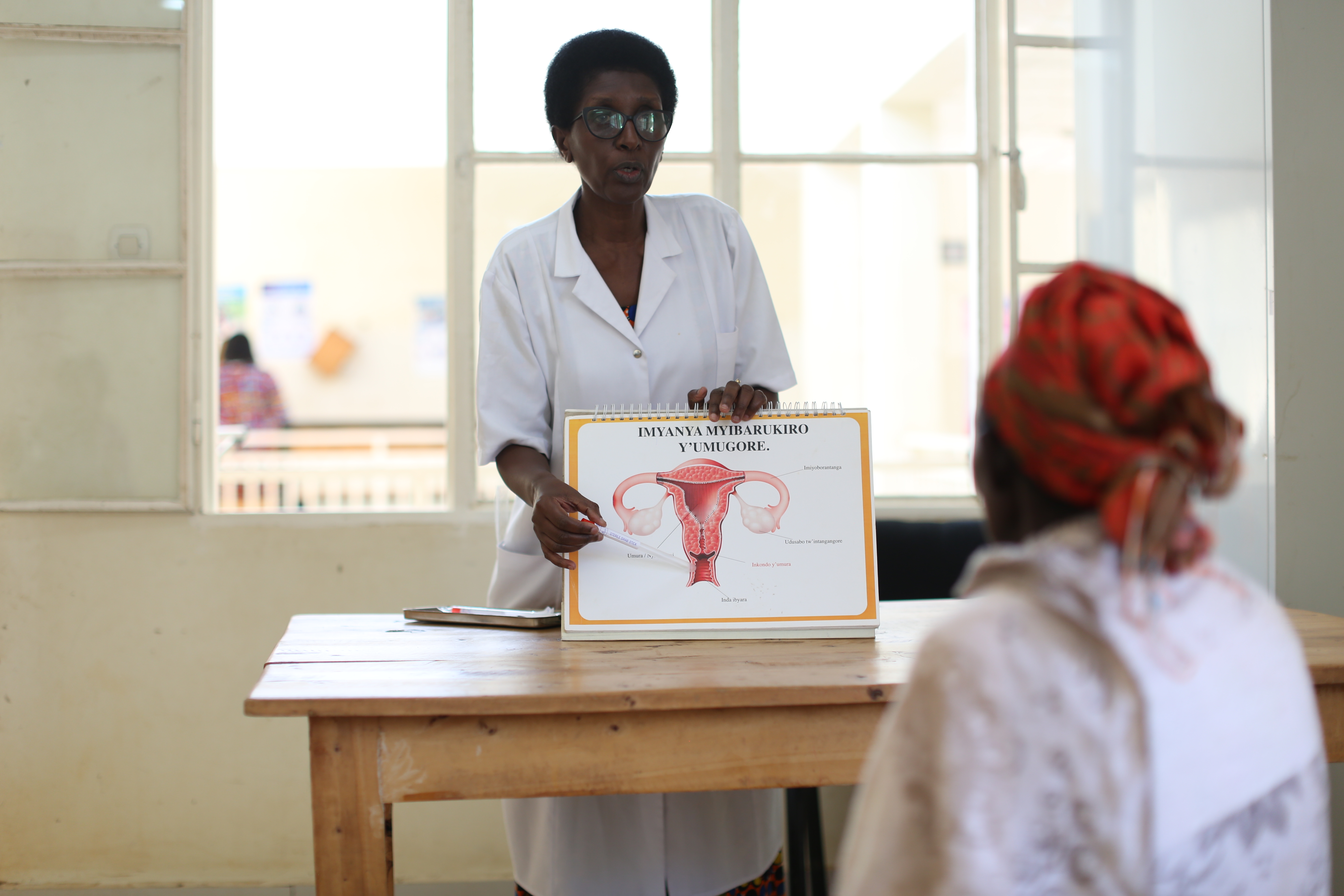The problem
Periodic viral-load testing is critical to ensure that HIV treatment is working effectively. In resource-limited settings, most HIV diagnostic facilities were centralized and require trained staff, as well as specialized infrastructure. Laboratories are often located far from patients’ homes, and results could be lost or delayed due to the distance between sample collection and testing sites.





